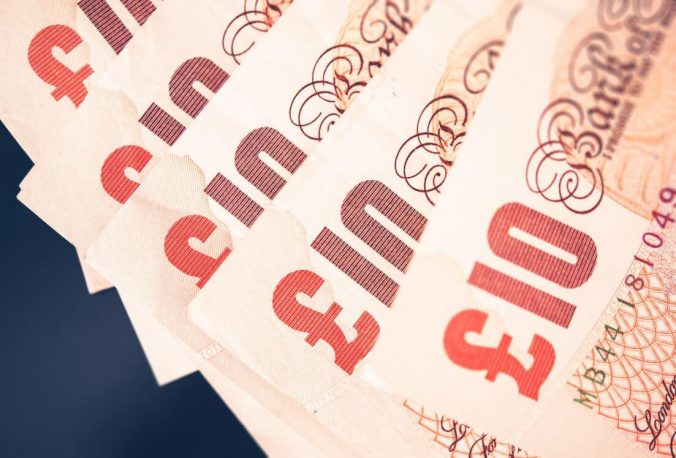HMRC has outlined the eligibility requirements for the Job Retention Bonus (JRB) that follows the furlough scheme as part of the government’s measures to support the economy through the COVID-19 lockdown.
The government’s Coronavirus Job Retention Scheme ends on 31 October 2020 and the JRB aims to provide additional support to employers who keep on their furloughed employees in meaningful employment.
The JRB is a one-off payment to employers of £1,000 for every employee who they previously claimed for under the scheme, and who remains continuously employed through to 31 January 2021. Eligible employees must earn at least £520 a month on average between the 1 November 2020 and 31 January 2021. Employers will be able to claim the JRB after they have filed PAYE for January and payments will be made to employers from February 2021.
All employers are eligible for the scheme including recruitment agencies and umbrella companies. They should ensure that they have complied with their obligations to pay and file PAYE accurately and on time under the Real Time Information (RTI) reporting system, maintained enrolment for PAYE online and have a UK bank account.
Employers will be able to claim for employees who were furloughed and had a Coronavirus Job Retention Scheme claim submitted for them that meets all relevant eligibility criteria for the scheme.












